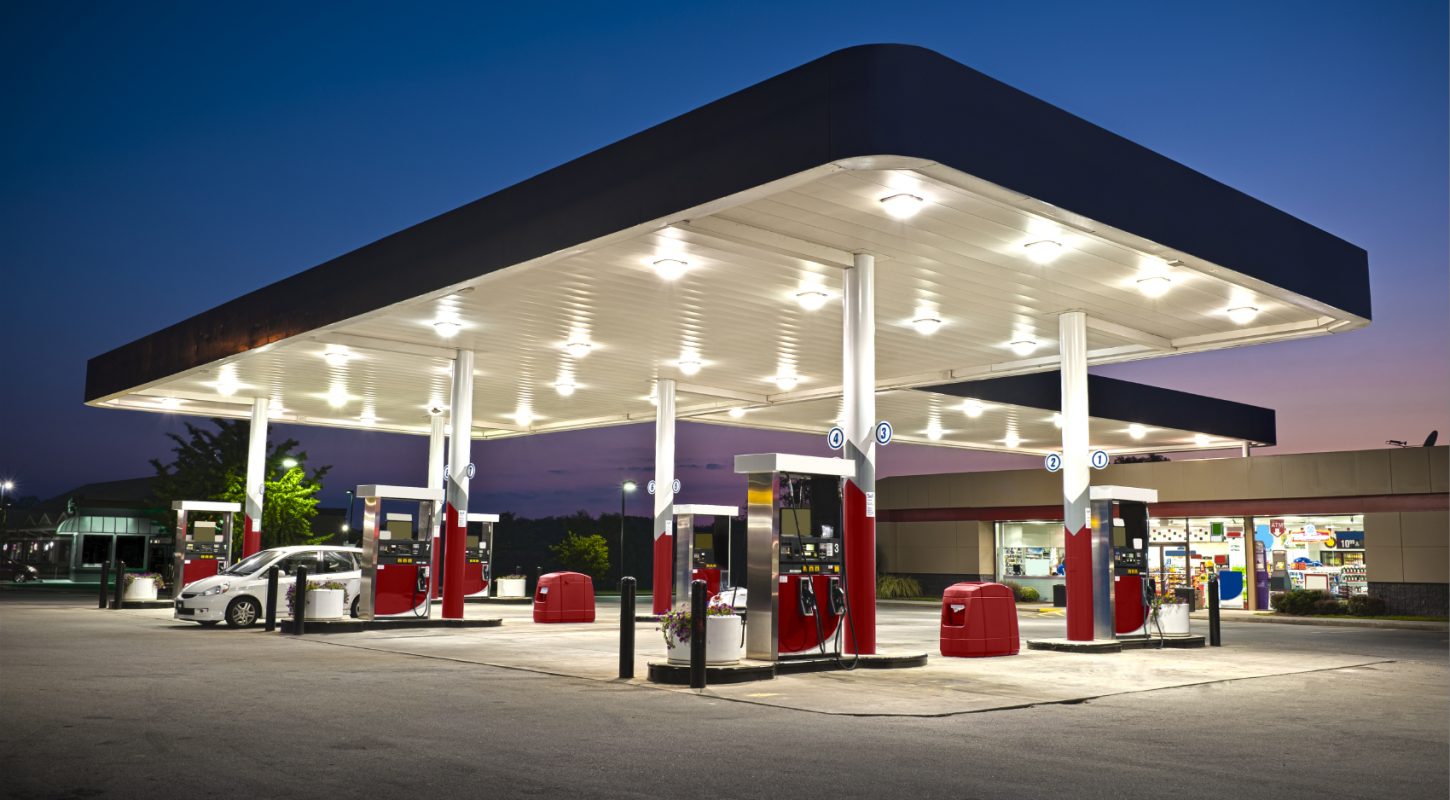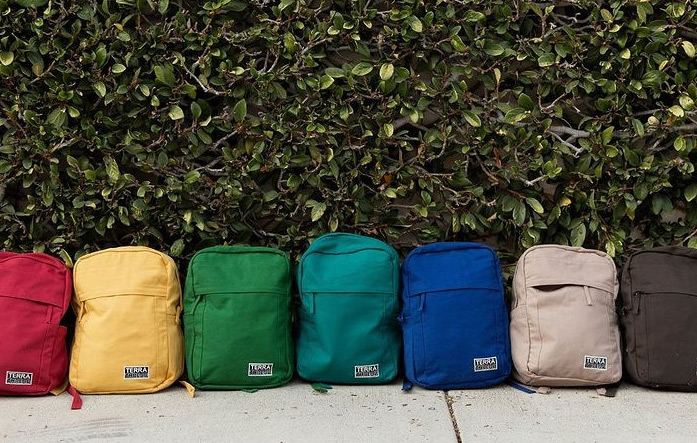I’ve been trying to wrap my head around the most planet-friendly way to drive for a while now. I’ve driven a Prius for over fifteen years, but there’s still the issue of it having a battery (which is essentially Earth poison when it gets discarded), emitting electromagnetic fields or EMFs, and of course, still relying on fossil fuels to run. One solution I came up with was to invest in a cleaner mode of transportation—a Tesla! I’m super-into the fact that the interior is 100-percent vegan, that the company recycles their batteries to use in new battery cells, and best of all, that I don’t need to rely on gas. Even though it’s not a completely perfect solution (I’m still waiting to hear back from the company on whether their interiors are non-toxic and the battery is EMF-shielded), it’s pretty close!
But here’s the thing: a lot of people drive Prius and other hybrids like the Volt, and running out to buy a Tesla isn’t exactly possible for everyone. Bottom line, a lot of people still need to rely on gas, and I know that whenever I use to fill up, I would get a headache thinking about which gas stations to give my money to. My old mantra use to be always support “Ma and Pa” local gas stations, but then I realized even those gas stations usually have oil coming from the same refineries as the major brands. I would also make it habit to always fill up with premium gas since I thought it was cleaner, but then I found out that it’s actually not as efficient and can even be damaging to your engine if your car doesn’t require it. So, the big daunting question ever circulating in my mind is, when it comes down to it, is there a lesser of the Big Oil evils to support? There have been various reports compiled over the years (Better World Handbook, Green America, and Sierra Club) that try to present the “greenest” oil company, but are those ranked number 1 actually different from the rest?
I know, overall, gas sucks. But, the reality is, I can’t let myself shut down and consume unconsciously. So, the way I see it is there are really bad companies and then there are some that are less bad. Therefore, I want to honor those that are the slightest bit better. Take Sunoco for example; in 2007, 2010, and 2011 various environmental groups deemed it number 1. Sunoco publicly acknowledges anthropogenic influence on climate change and is the only oil company to sign onto the Coalition for Environmentally Responsible Economies (CERES) Principle, which aims to protect the biosphere, reduces waste, and increase transparency with audited environmental reporting. Hess is on a similar page to Sunoco. Hess has some of the least amount of oil spills and lowest greenhouse gas emissions. Even more, over the next five years it seeks to power 10 percent of its operations from renewable sources and reduce flaring (a practice of controlled gas burning that emits high amounts of carbon dioxide) in Algeria and Equatorial Guinea by 50 percent. If you’ve never heard of either Sunoco or Hess, both are predominantly located on the east coast.
Third to Sunoco and Hess, I will surprisingly seek out Shell. In 2005, Shell met its goal of reducing its emissions a full 15 percent below it’s 1990 levels. Additionally, Shell is the world’s leading distributor of biofuels, has hydrogen stations in five countries, and has put $1 billion towards developing alternative energies since 2000. After Shell, despite BP’s INSANE and tragic Deepwater Horizon Oil Spill, the company is making big eco strides. BP is a member of the Business Environmental Leadership Council, supports the Kyoto Protocol, and does not take part in political contributions. The company uses low-sulfur gas, is a member of the California Fuel Cell Partnership, and emits about 100 pounds of carbon dioxide per barrel (which is about half that of ExxonMobil and Chevron). I am still on the fence about BP but I will keep this in mind when having to decide between BP and ExxonMobil.
The companies ranked lowest and most nasty, are Exxon Mobil, Chevron, and Conoco Phillips. At the tip of the iceberg, ExxonMobil has funded “junk science” to weaken climate change, lobbied against the Kyoto Protocol, and refused to pay damages after the Exxon Valdez oil spill. Chevron was the first to drop out of the Global Climate Coalition, opposes caps on greenhouse gas emissions, and has a crazy track record of toxic dumping in the Amazon and in California. ConocoPhillips has had countless Clean Water Act violations and opposes mandatory caps on greenhouse gas emissions. So in my view, it’s definitely more worthwhile to support a company that supports the Kyoto Protocol and progressive climate action as opposed to ExxonMobil or Chevron that lobby against it.
Overall, I think it’s significant to remember that no matter where you get your gas, it comes from oil, a fossil fuel. Fossil fuels are fossilized ancient remains of dead plants and animals, buried deep down below the Earth or Ocean. Over time, heat and pressure turned these decomposing plant and animal remains into today’s fuels- coal, oil, and natural gas. Trippy right? When fossil fuels are burned, they released carbon dioxide, which contributes to climate change. For more information on how cars contribute to climate change, check out this funny and slightly silly video. So, after all my tossing and turning over this precious ancient resource, I know the most eco answer is to simply drive less (duh!) and maintain your car properly – apart from this, here are the best options 1) drive an electric car 2) use a hybrid and purchase gas from the places mentioned above 3) if you have an all gas car, carpool when you can and purchase gas from the places mentioned above. If I needed to fill up the tank, I would get excited about putting my dollar towards those smaller oil companies mentioned above that are doing less harm then those big and scary ones. Join me if you wish! I truly believe that even the smallest change is powerful and overtime these small actions can have tremendous impact.
How do you minimize your driving and still meet your needs? What do you think is the most powerful way to transition away from fossil fuels?
Photo Credit: Car Direct Virginia
Summer is such a magical time for all the obvious reasons. But now our b…




